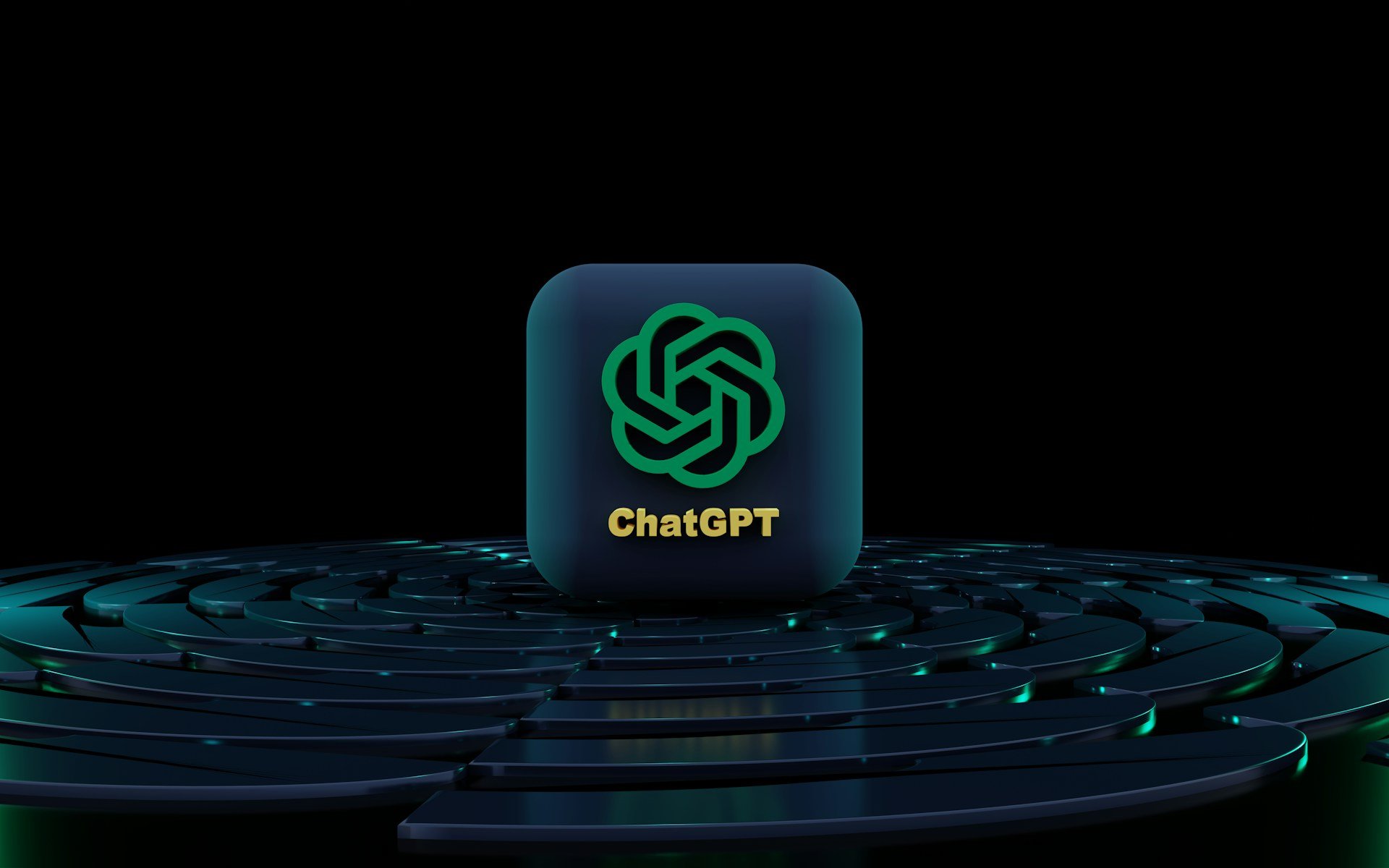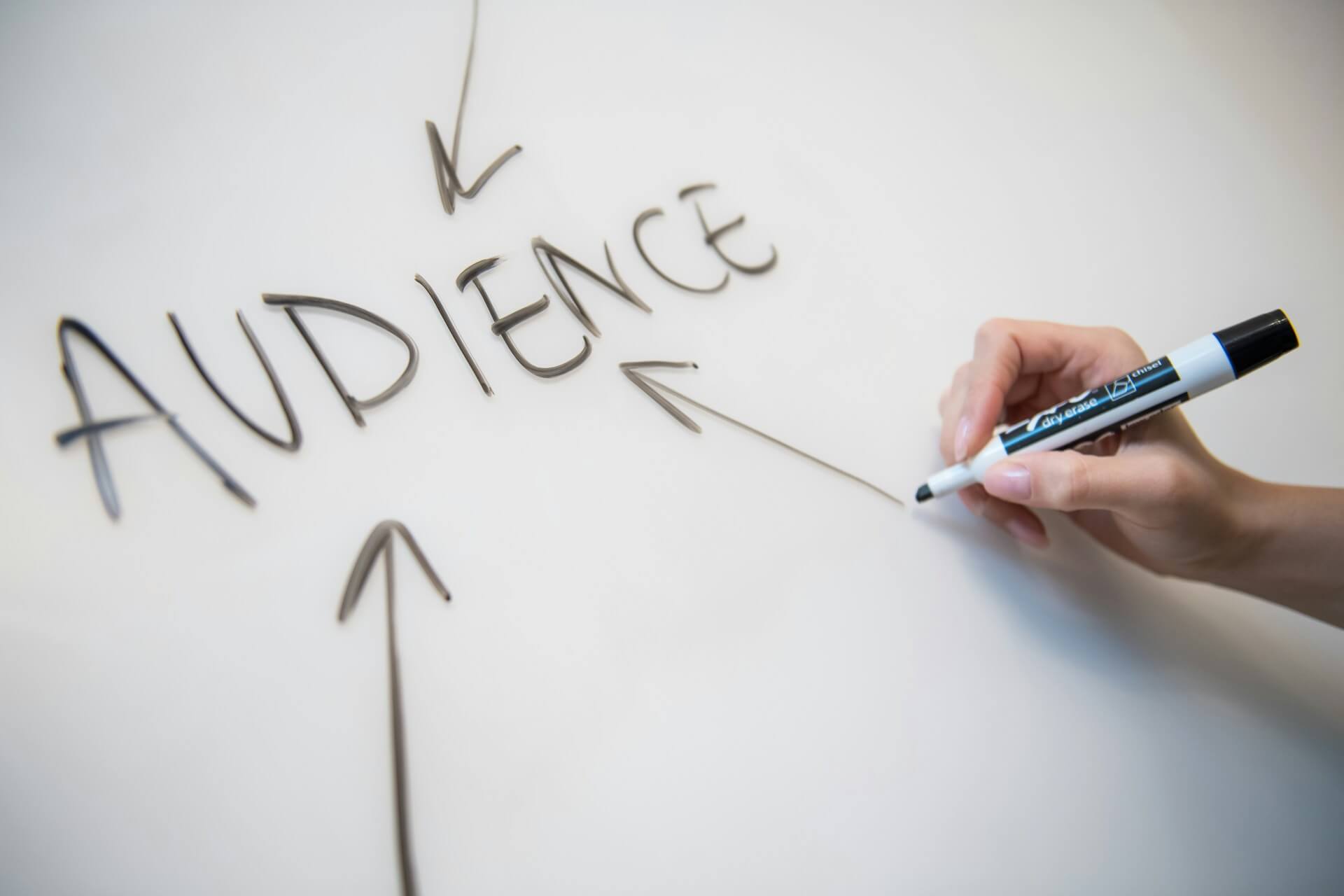In a world where the speed of information exchange often outruns the pace of legal decisions, emerging technologies like ChatGPT by OpenAI are a double-edged sword. On one edge, they promise more efficient and personalized chatgpt legal issuesl services, while on the other, the robust legal framework struggles to catch up with the ambiguous implications of tools that can interpret, generate, and understand human language. This post explores the chatgpt legal challenges that come hand-in-hand with the advancements of AI language models like ChatGPT, and the opportunities they present for the legal industry.
Privacy, Data Protection, and Client Confidentiality
Keeping your privacy and data protected is vital, especially when it comes to legal matters. ChatGPT understands the importance of client confidentiality and ensures that its platform adheres to strict data protection regulations. chatgpt legal issues require the utmost discretion, and ChatGPT provides a secure channel for lawyers and their clients to communicate. By enabling lawyers to use ChatGPT, they can guarantee that their clients’ information stays private and confidential. lawyers using chatgpt and their clients can rely on ChatGPT for effective communication while keeping their sensitive information safe.
Compliance with Data Privacy Laws
As technology continues to advance, data privacy laws have become a prominent issue for businesses to navigate. Organizations must maintain compliance with these laws to avoid chatgpt legal issues, such as hefty fines and damages to their reputation. Companies can leverage chat GPTs to help them stay ahead of the game when it comes to data privacy. Chat GPTs use natural language processing to understand the intricacies of the laws and regulations guiding data privacy. lawyers using chatgpt using chat GPTs can quickly access the information they need to advise organizations on how to comply with the law. By taking advantage of these tools, businesses can stay ahead of the curve, ensuring that they’re keeping their customers’ information safe and avoiding costly legal ramifications.
Ensuring Client Information Security
Ensuring client information security is a vital aspect of any company that deals with sensitive information. With the growing popularity of chatGPT and similar communication tools, it’s no surprise that chatgpt legal issues have arisen surrounding the sharing of confidential information. However, chatGPT and lawyers alike are taking steps to ensure client information security. lawyers using chatgpt can take advantage of features such as end-to-end encryption and strict user access controls to protect their clients’ sensitive information. By implementing these measures, companies can safeguard their clients’ data and maintain their trust. Ultimately, it is up to the users of these communication tools to prioritize the security of client information and uphold the highest standards of confidentiality.
Professional Responsibility and AI Assistants
However, their advent has brought up several professional responsibilities and chatgpt legal issues that lawyers must now address. The responsibility of ensuring the confidentiality of client data and maintaining client trust, for example, is a crucial issue. Similarly,lawyers using chatgpt must ensure that the AI assistants they use comply with all applicable laws and regulations. As a result, lawyers must exercise good judgment and take necessary precautions when using AI assistants to ensure that they do not violate ethical standards or expose their clients to unnecessary risk. Despite these challenges, the use of AI assistants can significantly improve the efficiency and effectiveness of chatgpt legal services. As such, lawyers using chatgpt must familiarize themselves with the benefits and limitations of AI assistants and remain vigilant in their professional responsibilities when using them.
The Role of the Human Lawyer
ChatGPT is one such program that offers chatgpt legal services to individuals seeking advice on various chatgpt legal issues. However, despite the convenience and ease of accessing such programs, it is crucial to recognize that there is still a significant role for human lawyers using chatgpt in the legal profession. Their role goes beyond imparting legal advice as they bring forth their expertise, experience, and empathy to clients. Human lawyers can empathize with the client’s difficulties and provide a solution that the client may not have thought of. Therefore, while technology continues to evolve, human intelligence will continue to play an essential role in the legal system, showcasing abilities that artificial intelligence is yet to acquire.
Malpractice and Liability
Malpractice and liability are two important aspects that lawyers using chatgpt using chatgpt should be aware of. As chatgpt legal issues are constantly evolving, lawyers must stay up-to-date on any changes that may affect their practice. Chatgpt is a useful tool for lawyers to streamline their work, but it’s important to note that they still bear the responsibility of ensuring their advice and actions meet professional standards.lawyers using chatgpt using chatgpt should also be cautious of any liability issues that may arise from using the platform. By remaining vigilant and staying informed, lawyers can avoid malpractice claims and provide their clients with the best possible service.
Bias and Fairness
Ensuring fairness in any legal matter is a top priority, but when technology enters the equation, bias can become a major concern. With the rise of chatbots and other artificial intelligence tools, the legal industry is grappling with how to ensure that these systems are fair and unbiased. ChatGPT is one such tool that has been in the spotlight recently for its potential chatgpt legal issues. While chatbots can offer speedy and affordable chatgpt legal services, there are concerns that they may not always be impartial. As lawyers using chatgpt increasingly turn to technology like ChatGPT, it’s important to address these concerns head-on and develop safeguards to ensure that the use of such tools is fair for all parties involved.
Addressing Bias in Legal AI
Artificial Intelligence (AI) is revolutionizing the chatgpt legal industry, but despite its benefits, the technology still faces a significant challenge – bias. As chatGPT and other legal AI programs continue to dominate the industry, it is essential to address their inherent flaws to prevent them from perpetuating discrimination. lawyers using chatgpt using such systems must be aware that the technology they rely on might be unintentionally amplifying bias, both conscious and unconscious. We need to scrutinize these tools more closely, focusing on the ways they might be racially or gender-biased toward certain groups. Ultimately, only by addressing bias in legal AI head-on can we hope to create more equitable and just outcomes for all.
The Challenge of Fair Interpretation
Interpreting chatgpt legal issues can be a challenge, especially with the rise of chatbots like ChatGPT. ChatGPT has become increasingly popular, allowing users to quickly and easily connect with legal advice and information. However, when it comes to decoding legal jargon, even the most intuitive chatbot can fall short. lawyers using chatgpt must take care to ensure that the information they use is not only accurate but also fair and unbiased. The challenge of fair interpretation rests not only on the software but on the people using it. It falls on the shoulders of lawyers, who must navigate the complexities of chatgpt legal language and ensure that their clients receive information that is both accurate and in their best interest.
Intellectual Property and Copyright Implications
The digital age has ushered in unprecedented opportunities for creativity and innovation. But with every new possibility comes chatgpt legal issues that must be addressed. Intellectual property rights and copyright implications continue to be a top concern for many individuals and businesses operating online. With the proliferation of chatbots like ChatGPT, legal questions have only become more complex. lawyers using chatgpt assistants must navigate a rapidly evolving landscape of laws and regulations to ensure that their client’s intellectual property is protected. Despite the challenges, many chatgpt legal experts are confident that innovation will ultimately prevail, thanks to the tireless work of attorneys committed to staying ahead of the curve.
AI-Generated Works: Who Owns the Copyright?
As AI technology advances, it is becoming increasingly common for chatbots and other AI tools to generate works such as articles, music, and artwork. However, this raises the question of who owns the copyright of these works. Many chatgpt legal experts are grappling with the complexities of this issue, as AI-generated works can be a unique combination of human and machine input. Some suggest that the creators of the AI, such as programmers and computer scientists, should hold the copyright. Others argue that the content generated by the AI should be considered public domain. Regardless of the outcome, it is clear that chatbot and lawyers using chatgpt will need to work closely together to navigate the chatgpt legal issues surrounding this topic.
The Use of Copyrighted Material in Legal Work
However, not all of this material can be used freely, particularly in legal work. Copyrighted material can often pose a tricky issue for lawyers using chatgpt and other chatgpt legal professionals who want to use it in their work. They must navigate the complexities of intellectual property law and ensure that they are not infringing on someone else’s rights. ChatGPT and lawyers must understand the legal ramifications of using copyrighted material, and take the necessary measures to protect themselves and their clients. By taking these steps, they can confidently and ethically incorporate the material into their chatgpt legal work without fear of legal repercussions.
The Practical Applications and Ethical Considerations
In today’s digital age, we are increasingly seeing the practical applications of chat GPT, a cutting-edge technology that uses natural language processing to generate human-like responses to user inputs. With the rise of virtual assistants and chatbots, chat GPT has become a key tool for businesses looking to automate their customer service operations. However, as with any new technology, there are many ethical considerations and chatgpt legal issues to be taken into account. For example, who is responsible if a chatbot gives wrong advice or misrepresents a product? Furthermore, lawyers using chatgpt are also starting to use chat GPT to help with legal research and drafting contracts. While this has the potential to save significant time and resources, there are concerns about the accuracy of automated chatgpt legal advice and the potential for ethics violations. As this technology continues to evolve, it will be important for businesses, lawyers using chatgpt, and regulators alike to carefully consider the legal and ethical implications of using chat GPT.
Leveraging AI for Efficiency and Insights
The chatgpt legal industry isn’t an exception, either. The integration of AI into the legal system has opened up new possibilities for efficiency and insights, particularly in the context of chatbots. Chatbots that use GPT (Generative Pretrained Transformer) algorithms enable businesses to provide users with accurate, relevant answers in seconds. This has significantly improved the efficiency of legal consultations, saving lawyers’ and clients’ time and energy. Moreover, AI chatbots can help predict potential chatgpt legal situations, providing insights that allow lawyers using chatgpt to be proactive in their approach. With chatbots incorporating AI being used by lawyers, the legal industry is experiencing a revolution in efficiency and insights.
In conclusion, the legal profession stands on the cusp of an unparalleled era, where AI like ChatGPT can be both the architect of immense progress and the specter of profound legal challenges. By responsibly integrating and regulating the use of such technology, lawyers using chatgpt and the legal industry at large can harness the potential of AI to innovate and uphold the pillars of justice. It is incumbent upon chatgpt legal professionals and institutions to tread these waters with circumspection, vigilance, and an unwavering commitment to the law.





